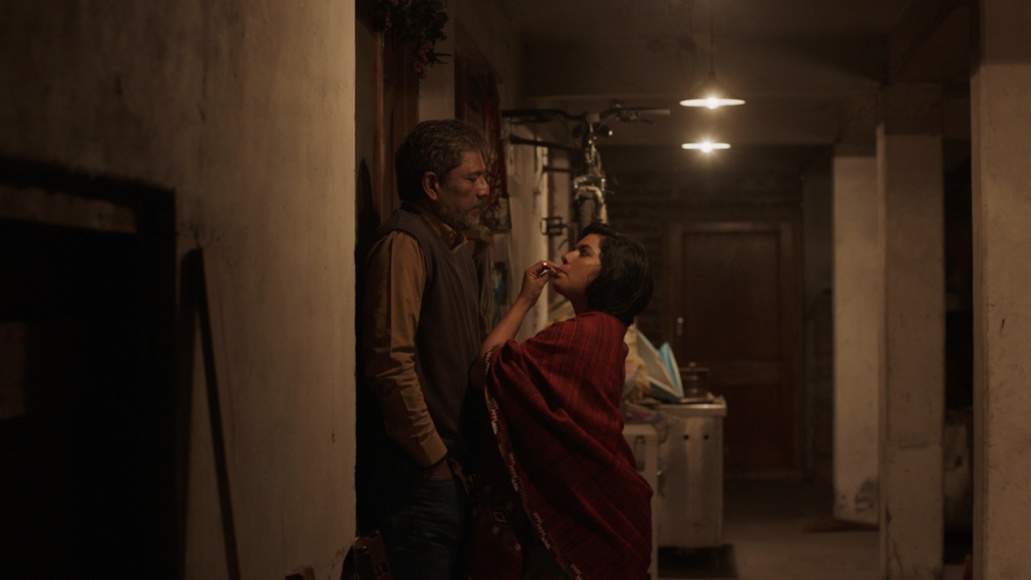Peelander-Z is an out-of-this world Japanese punk band based in New York, who describe themselves as a “Japanese Action Comic Punk band hailing from the Z area of Planet Peelander”. Each member has a specific color and a persona, and they dress and act accordingly on stage. The costumes range from sentai style suits, to kimono, to rubber Playmobil style wigs. There is also a tiger costume and a giant squid/guitar costume to coincide with the song “Mad Tiger”. Another aspect of their routine is their on-stage antics such as human bowling (diving head-first into bowling pins), pretending to hit each other with chairs in imitation of pro-wrestlers, and mid-performance piggyback rides. They often allow audience members on stage to join in on the fun, and often dive into the audience or hang from the ceiling as part of their act. The band has been active since 1998 and has garnered a cult following as they currently perform more than 100 gigs in the US each year.
Buy This Title
Jonathan Yi and Michael Haertlein followed the group, focusing on the relationship of Peelander Yellow, the leader of the band, and Peelander Red, the bassist, who have been best friends for 15 years. When Red decides to quit, their relationship, the band, and each one individually is tested.
The documentary is split in two parts, with Red's departure functioning as the border. In that fashion, the first part highlights the band as a whole, through their story, their shenanigans on stage and their philosophy, as explained by Peelander Yellow, who is the definite leader. This philosophy is elaborately explained as “Music 10%, Theater 90%”, and the group definitely acts upon it, highlighting their craziness in every moment possible.
The second part, however, is rather emotional and sensitive, as we watch the two men having to cope with a relationship that has lasted for 15 years. Peelander Yellow initially acts as if he does not care as much, but as time passes, his frustration grows, particularly when Peelander Green, the drummer, also decides to leave in order to take care of his wife and to make some money, since they band does not seem to earn much. His frustration erupts when Red does not answer his phone calls and even results in a minor physical confrontation, in Red's bar. (Yellow asked for this scene not to be included, but the directors did not abide).
At the same time, we learn more about Yellow's past (including his age and his wife), while the film ends with a trip to his family's house.
Jonathan Yi and Michael Haertlein present a thorough look at the band, focusing on both the music and the individuals of the group. In that fashion, “White Tiger” transcends the borders of music documentary and becomes a social one. Evidently, the fact that the members of Peelander Z and particularly Peelander Yellow are unique personalities actually forces the film to move towards that direction, as the characters are at least as interesting as the band itself. The fact that it pulls no punches regarding the presentation of the two core members is definitely a plus, as it retains the realism in the documentary, and at the same time avoids becoming a tribute to the group, simply addressed to fans.
The cinematography (also done by the two directors) is quite good as it presents both the aforementioned aspects, while the footage of the live concerts is shot in true guerilla fashion. Hisayo Kushida's editing is also very competent, retaining a rhythm that constantly captures the band's essence, being faster when dealing with the music and a bit slower when dealing with the individuals.
“Mad Tiger” is a great spectacle, a very interesting documentary about a bunch of crazy, but utterly compelling characters.


















